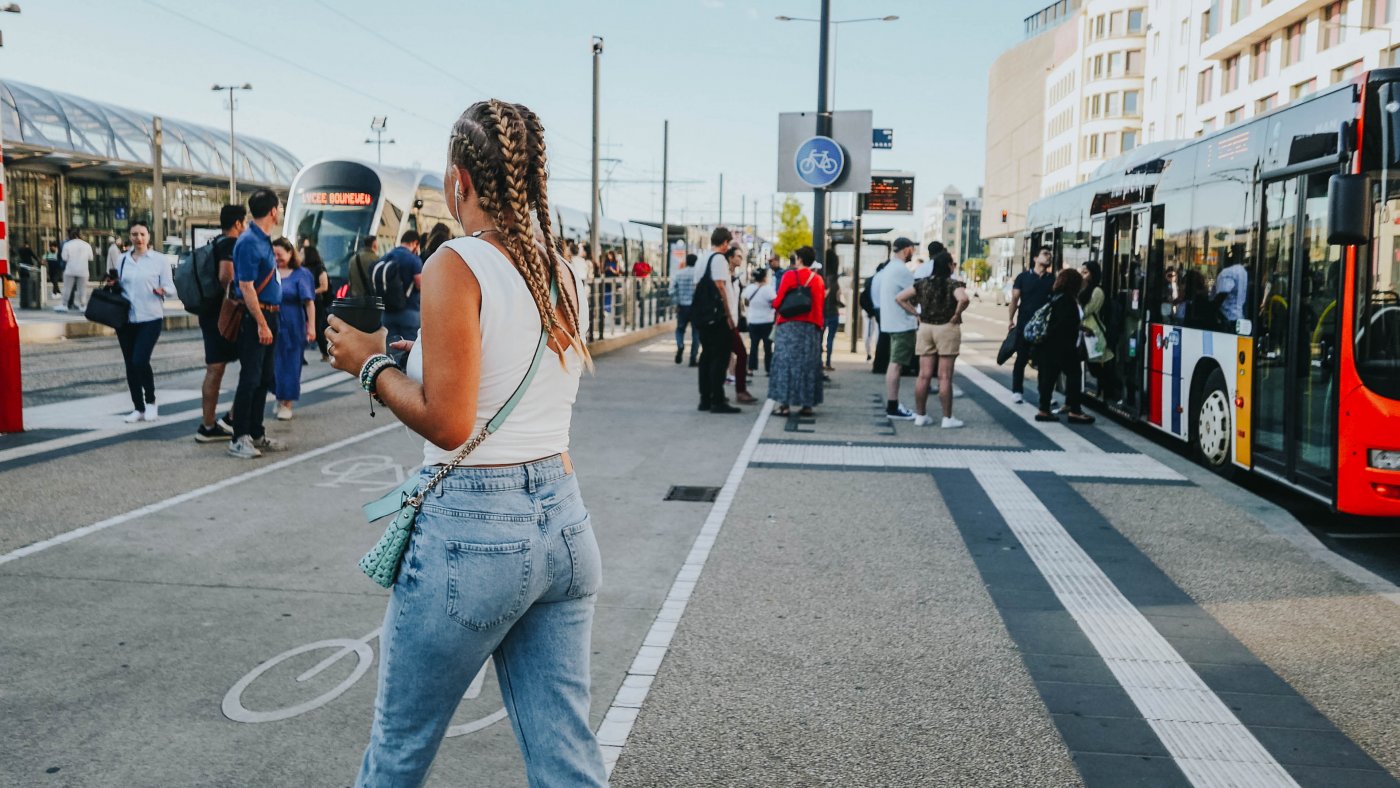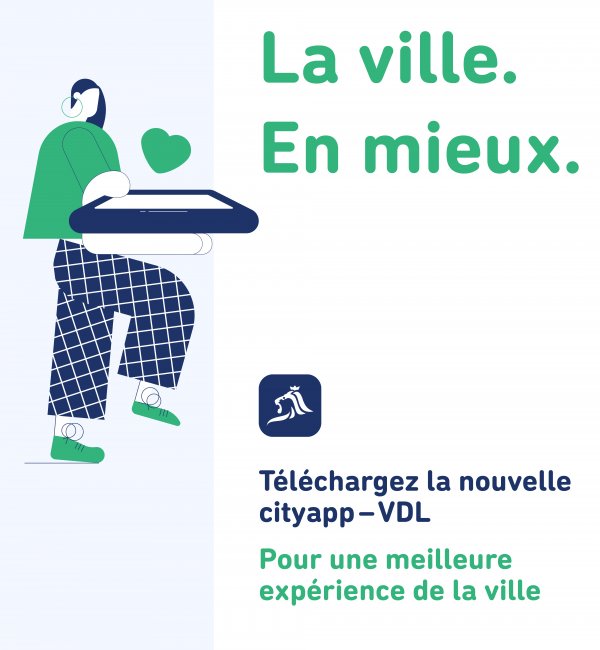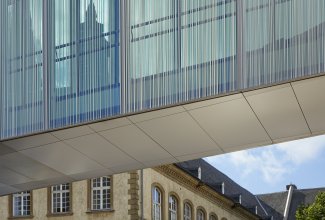Process
In accordance with the College of Aldermen's mission statement for 2023, and the objectives set out in the "Onse Mobilitéitsplang fir muer" Urban Mobility Plan, the college of aldermen has commissioned a traffic-calming plan for the city's residential districts.
Drawing on the results of the online mobility survey carried out as part of the City's Urban Mobility Plan, and on the comments and suggestions made during the 2024 Apéritours sessions, a specialist firm conducted an initial assessment of the current traffic situation in the city's main urban districts, followed by an in-depth analysis, culminating in proposals of concrete measures to prevent through traffic and reduce speeds in those districts. The primary objective of the study was to bring forward measures that would not disrupt local residents' access to and from their neighbourhoods, while at the same time improving their quality of life.
For the first phase of implementation, the College of Aldermen selected three districts for a pilot project: Merl, Hollerich and Limpertsberg.
Pilot project
Since 7 July 2025, a pilot project has been in place in Merl, Hollerich and Limpertsberg to improve local quality of life by reducing through traffic and lowering the speed limit. Using a series of concrete measures – both regulatory and physical – this programme seeks to accentuate the fact that these are residential districts, eliminating non-local through traffic while ensuring that it remains easy to enter and leave these areas.
Overview of the proposed measures
Merl and Hollerich
- Extension of the 30 km/h zones with the installation of speed cushions
- Dead ends
- One-way traffic arrangements
- Bus lanes
- Shared use areas (motorised traffic, cyclists and pedestrians)
*Access for users of soft (active) mobility options would be ensured at all times
Limpertsberg
- Extension of the 30 km/h zones with the installation of speed cushions
- One-way traffic arrangements
- Bus lane
*Access for users of soft (active) mobility options would be ensured at all times
These measures grew out of an in-depth study that took account of the current traffic situation, feedback from residents during the Apéritours events, the results of the survey conducted in the process of developing the mobility plan, and the objectives set by that plan. Throughout the testing period, the Service Circulation (Traffic Department) will be monitoring the situation and will make adjustments as necessary. If the results of the pilot project are conclusive, permanent measures will be implemented.
With this pilot project, the City is reaffirming its commitment to having residents' quality of life and safety at the heart of its mobility policy, and aims to lay the groundwork for an urban mobility approach that meets local needs.









